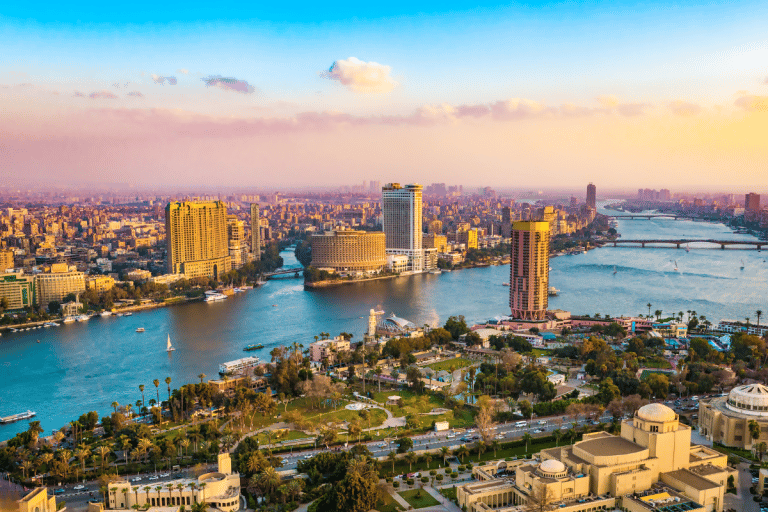A cabinet reshuffle is unlikely in Egypt at present, against the background of skyrocketing commodity prices, informed sources said.
The government of Prime Minister, Mustafa Madbouli, was, however, given time by the presidency to formulate a plan to bring commodity prices down and put the market in order, the sources told Arabian Business, requesting anonymity.
Egypt has been hit hard by the war in Ukraine-induced rise in commodity prices in the international market.
The rise has ricocheted off the international market and brought suffering to every doorstep among the middle class and the poor in Egypt, the most populous country in the Arab Middle East.
Effects from the war came hard on the heels of the painful blows to the Egyptian economy by Covid-19 which negatively impacted the tourism sector and forced the authorities to spend tens of billions of Egyptian pounds on healthcare and to stimulate some sectors of the economy, including industry and the exports.
Apart from causing the flight of billions of dollars in foreign capital, economic effects from the war in Ukraine also forced Cairo to foot a higher bill for its imports, especially of wheat.
The well-placed sources speaking to Arabian Business said – apart from formulating a plan to bring commodity prices down – the cabinet also has to submit to the presidency a plan to rein in the inflation and find a way out of the credit letter requirement for imports.
The Central Bank of Egypt (CBE) made it necessary for importers to present credit letters for shipments of goods coming out of Egypt.
The measure, taken in February this year, aimed to constrain Egypt’s import craze and reduce pressure on foreign currency reserves.
Nevertheless, the same measure choked the market and hindered the import of production requirements, prompting Egyptian President Abdel Fattah al-Sisi to ask the government to reconsider it, especially when it comes to the imports needed for the operation of the nation’s factories.
The lack of the US dollars necessary for import operations also caused commodities to keep accumulating at the nation’s ports and sent importers scrambling for help.
Cabinet here to stay
Prime Minister Madbouli has been on Egypt’s government saddle since June of 2018, having been the minister of housing in the previous government of Ibrahim Mahlab.
According to the same sources, there are no plans for a cabinet shakeup now, especially given current conditions. “But the president will take a decision most likely by mid-January,” the sources said.
Madbouli’s cabinet, they said, handles several important files, including the global economic crisis whose effects on citizens the government works to mitigate.
Actively working
The Egyptian prime minister works tooth and nail to restrain prices, holding a series of meetings with government officials and cabinet ministers, his close aides say.
Those attending the meetings in the past few days included the minister of finance, the governor of the CBE and customs officials.
High on the agenda of the meetings was the government action required for the release of goods stuck in the ports, especially basic and strategic ones, to maintain production rates, and increase commodity stocks before the Muslim holy month of Ramadan which will start in March, the sources said.
The government also proposes the opening of various outlets for the sale of food at discounted rates as of January until the end of Ramadan, they added.
Interest rate
The same sources noted that President Sisi also held a series of meetings with the prime minister, the minister of defense and the CBE governor in the past few days to discuss the implications of a recent decision by the CBE to raise the interest rate.
On December 22, the Monetary Policy Committee of the bank raised the interest rate by 3 percent, exceeding all forecasts ahead of its meetings.
The new raise, the fourth since the beginning of the war in Ukraine, shook up the overnight deposit rate, the overnight lending rate and the main operation rate to 16.25 percent, 17.25 percent and 16.75 percent respectively.
The new move came as the CBE struggled to keep back the inflation which rose to 21.5 percent.
The president’s discussions with these officials also focused on means of containing commodity prices, the sources said.







